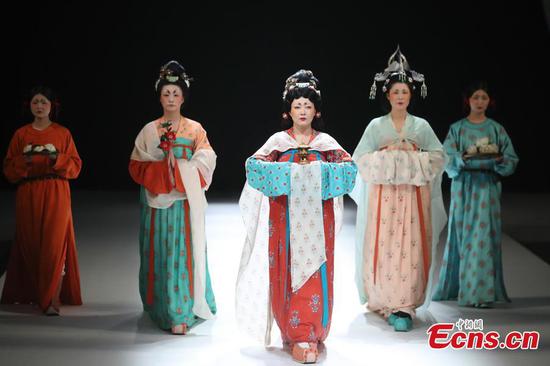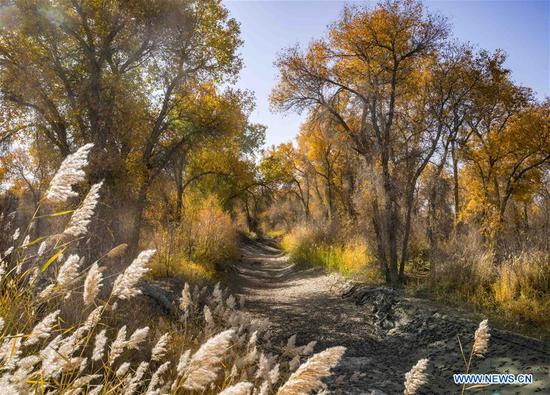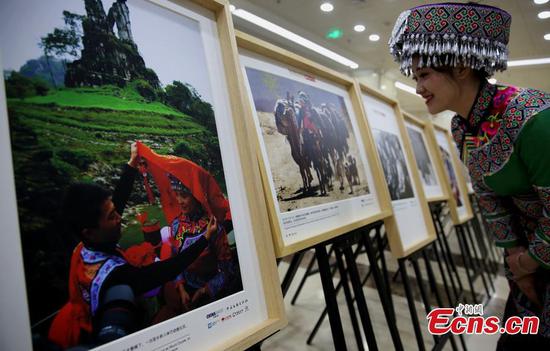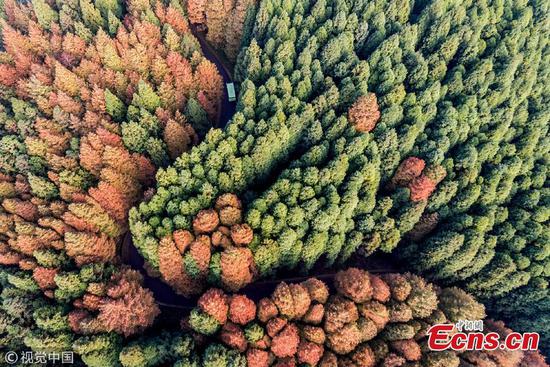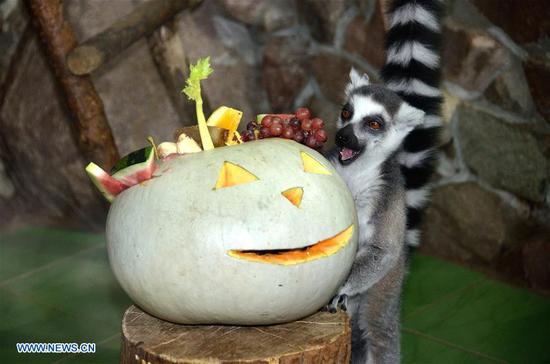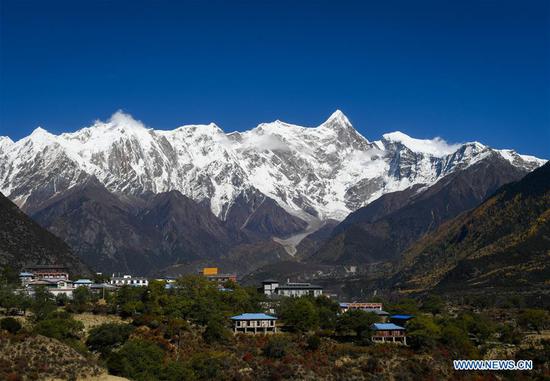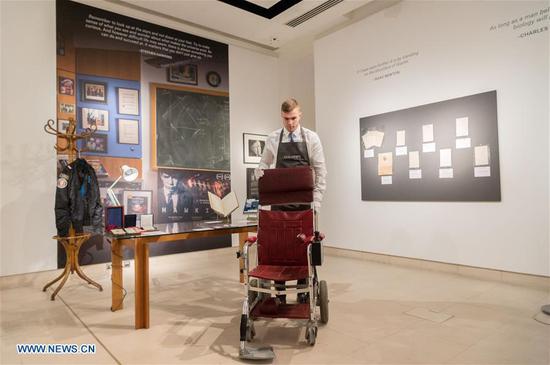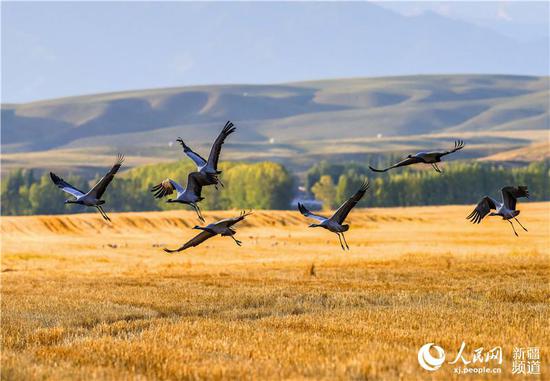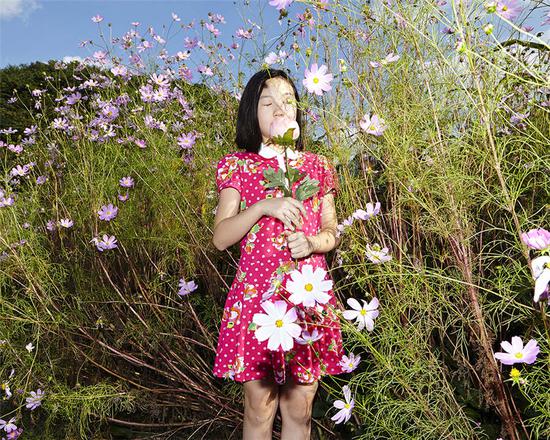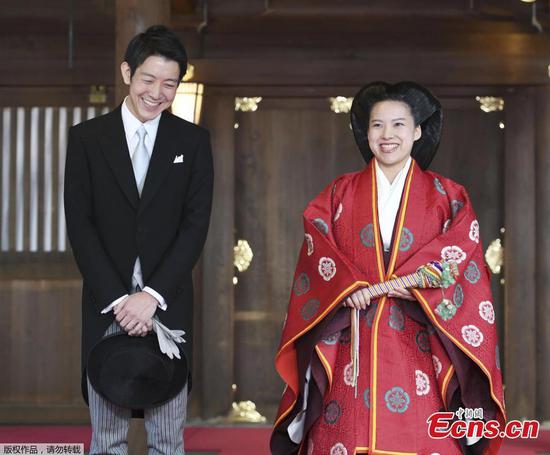A new study of fossil teeth shows instances of the oldest lead exposure and first natural weaning from breastfeeding of their kind, pointing to better understanding of ancient climates on human evolution, according to Australian-led research.
The researchers analyzed thin sections of teeth from two Neanderthals (250,000 years ago) and one modern human (5,000 years ago) from a French archaeological site, using polarized light microscopy technology to record their daily growth, Griffith University said in a statement about the study on Thursday.
"This allowed us to relate their development to ancient seasons, revealing that one Neanderthal was born in the spring, and that both Neanderthal children were more likely to be sick during colder periods," said the university's Associate Professor Tanya Smith, who led the international study.
"At the time they grew up, 250,000 years ago, this region of southeast France was much more seasonal than it is today," said Smith.
Environmental health specialists also mapped metal concentrations, including barium, a marker of milk consumption, in the teeth sections.
The team was surprised to discover that the two Neanderthal children either ingested or inhaled lead during their childhood, representing the oldest documented lead exposure in any hominin (humans and their ancestors and relatives), according to the university.
The exposure "occurred multiple times during the cooler seasons, potentially happening in caves as underground lead sources have been found within 25 km of the archaeological site," while a small amount of barium detected also showed that one Neanderthal appeared to have breastfed for 2.5 years, weaning in the fall, reported the researchers. The findings were published in scientific journal Science Advances.
The team is looking to further explore the childhoods of other hominins to address questions including "why humans survived while our many evolutionary cousins, including the Neanderthals, were not so lucky," said the university.












